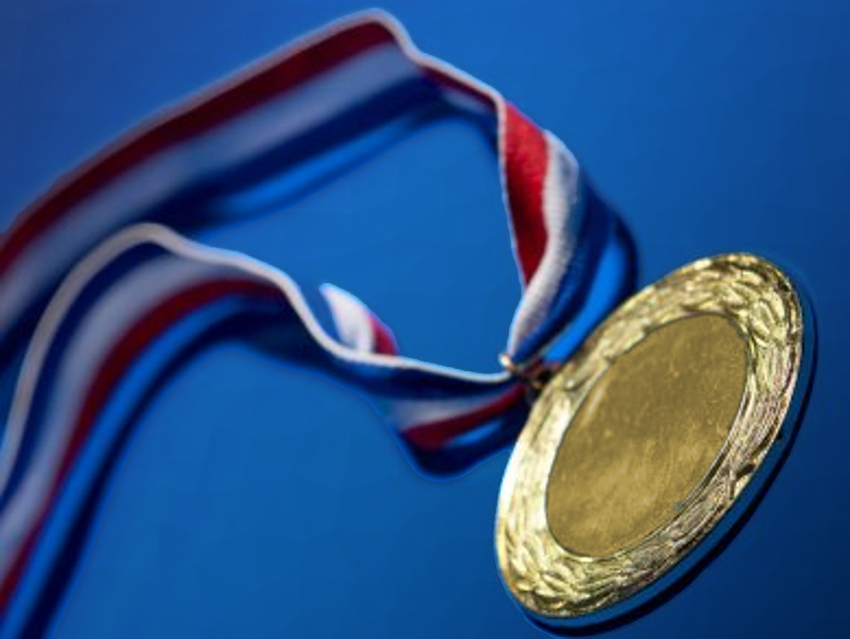The Gottfried Wilhelm Leibniz Prize is the highest honor in the German research landscape and is awarded by the Deutsche Forschungsgemeinschaft (DFG, German Research Foundation). This year, ten outstanding researchers were chosen from 114 nominees. Four of the winners are from the humanities and social sciences, three from the life sciences, one from the natural sciences, and two from the engineering sciences. Each honoree will receive EUR 2.5 million to fund further research. This year, the awards ceremony for the Gottfried Wilhelm Leibniz Prize took place virtually.
The following researchers received the 2020 Gottfried Wilhelm Leibniz Prize:
- Prof. Dr. Thorsten Bach, Technical University of Munich (TUM)
Organic ChemistryThorsten Bach is recognized for his seminal work in the field of organic photochemistry and particularly light-induced enantioselective catalysis. Organic photochemistry is concerned with chemical reactions and molecular transformations which are controlled by light.
- Dr. Baptiste Jean Germain Gault, Max-Planck-Institut für Eisenforschung, Düsseldorf
Materials ScienceBaptiste Gault is recognized for the development of new techniques in atom probe tomography. These techniques enable both spatial resolution at the atomic scale and the quantification of elements, thus allowing the atomically resolved 3D representation of materials with a complex microstructure.
- Prof. Dr. Johannes Grave, Friedrich Schiller University Jena
History of ArtJohannes Grave is recognized for his standard-setting work in the history of art, focusing on the period of Goethe, the Romantic period, and the Early Modern period. He is also being recognized for his interdisciplinary perspective, which links art history with other disciplines, particularly philosophy, literature, and the history of ideas, in a new way.
- Prof. Dr. Thomas Kaufmann, University of Göttingen
Protestant TheologyThomas Kaufmann is recognized as one of the most internationally significant Reformation researchers. His extensive and varied work on the ecclesiastical history of the Reformation and the confessional era has changed the understanding of Martin Luther, the complex movement of the Reformation in world history, and the formation of denominational churches.
- Prof. Dr. Andrea Musacchio, Max Planck Institute of Molecular Physiology, Dortmund
Cell BiologyAndrea Musacchio is recognized for his pioneering work in structural biology, specifically the mechanisms of chromosome segregation in cell division. He focuses on the structure and function of the kinetochore, an extremely complex structure that plays a key role in the distribution of chromosomes among the daughter cells when a cell divides.
- Prof. Dr. Thomas Neumann, Technical University of Munich (TUM)
Computer ScienceThomas Neumann is honored for his internationally recognized work on the efficient management and analysis of large volumes of data. Neumann developed the database system HyPer with a whole series of innovations that enable database systems to use large main memories and numerous cores.
- Prof. Dr. Marco Prinz, University of Freiburg
NeuropathologyMarco Prinz is recognized for his outstanding work in the field of neuroimmunology, which has brought about a fundamentally new understanding of the immune response in the brain. He has made groundbreaking contributions to the role of the innate immune system in the central nervous system.
- Prof. Dr. Markus Reichstein, Max Planck Institute for Biogeochemistry, Jena
BiogeochemistryMarkus Reichstein is recognized for his contributions to data-driven research on the link between climate and biosphere and, in particular, the interaction between terrestrial carbon and water cycles. By developing dense monitoring processes and analyses, he deciphered the feedbacks between the carbon and water cycles and between these cycles and the climate.
- Prof. Dr. Dagmar Schäfer, Max Planck Institute for the History of Science, Berlin
History of ScienceDagmar Schäfer is recognized for her pioneering contributions to a comprehensive, global, and comparative history of technology and science. She has written two particularly important works on state, economy, science, and technology in China during the Ming era.
- Prof. Dr. Juliane Vogel, University of Konstanz
LiteratureJuliane Vogel is recognized for work that sets new standards, historically and systematically, in literary and theatre studies with international resonance, hermeneutically oriented and inspired by cultural studies. Through her numerous books and essays, particularly on German-language, especially Austrian, literature of the 19th and 20th centuries, she has transcended boundaries in theoretical and methodological orientation, cultural history and literary history domains, and disciplinary definitions.
Recent Publications by the Recipients
- Concise Total Synthesis of (+)-Atlanticone C,
Thorsten Bach, Johanna Proessdorf, Andreas Zech, Christian Jandl,
Synlett 2020, 31, 1598–1602.
https://doi.org/10.1055/s-0040-1707215 - An atom probe tomography and inventory calculation examination of second phase precipitates in neutron irradiated single crystal tungsten,
Philip D. Edmondson, Baptiste Gault, Mark R. Gilbert,
Nucl. Fusion 2020, 60, 126013.
https://doi.org/10.1088/1741-4326/abb149 - Bildpräsenz: Über das schwierige Verhältnis von Bild und Gegenwart bei Goethe,
Johannes Grave,
Dtsch. Vierteljahrsschr. Lit.-wiss.Geistesgesch. 2020, 94, 219–236.
https://doi.org/10.1007/s41245-020-00107-1 - Natalie Krentz, Ritualwandel und Deutungshoheit. Die frühe Reformation in der Residenzstadt Wittenberg (1500–1533),
Thomas Kaufmann,
Hist. Z. 2017.
https://doi.org/10.1515/hzhz-2017-1315 - Human Condensin I and II Drive Extensive ATP-Dependent Compaction of Nucleosome-Bound DNA,
Muwen Kong, Erin E. Cutts, Dongqing Pan, Fabienne Beuron, Thangavelu Kaliyappan, Chaoyou Xue, Edward P. Morris, Andrea Musacchio, Alessandro Vannini, Eric C. Greene,
Mol. Cell 2020, 79, 99–114.e9.
https://doi.org/10.1016/j.molcel.2020.04.026 - Building blocks for persistent memory,
Alexander van Renen, Lukas Vogel, Viktor Leis, Thomas Neumann, Alfons Kemper,
VLDB J. 2020.
https://doi.org/10.1007/s00778-020-00622-9 - Neuropathological evaluation of a vertebrate brain aged ~ 245 years,
Daniel Erny, Klara B. Jakobsdóttir, Marco Prinz,
Acta Neuropathol. 2020.
https://doi.org/10.1007/s00401-020-02237-4 - Drought and heatwave impacts on semi-arid ecosystems’ carbon fluxes along a precipitation gradient,
Tarek S. El-Madany, Arnaud Carrara, M. Pilar Martín, Gerardo Moreno, Olaf Kolle, Javier Pacheco-Labrador, Ulrich Weber, Thomas Wutzler, Markus Reichstein, Mirco Migliavacca,
Philos. Trans. R. Soc. B Biol. Sci. 2020, 375, 20190519.
https://doi.org/10.1098/rstb.2019.0519 - Things (Wu) and Their Transformations (Zaowu) in the Late Ming Dynasty: Song Yingxing’s and Huang Cheng’s Approaches to Mobilizing Craft Knowledge,
Dagmar Schäfer,
in Entangled Itineraries: Materials, Practices, and Knowledges across Eurasia, University of Pittsburgh Press, 2019, 63–78. - Funde in Schichten: Stratografische Überlegungen zu Stifter und Mérimée,
Juliane Vogel,
Int. Arch. Sozialgeschichte dtsch. Lit. 2019, 44, 176–190.
https://doi.org/10.1515/iasl-2019-0009



